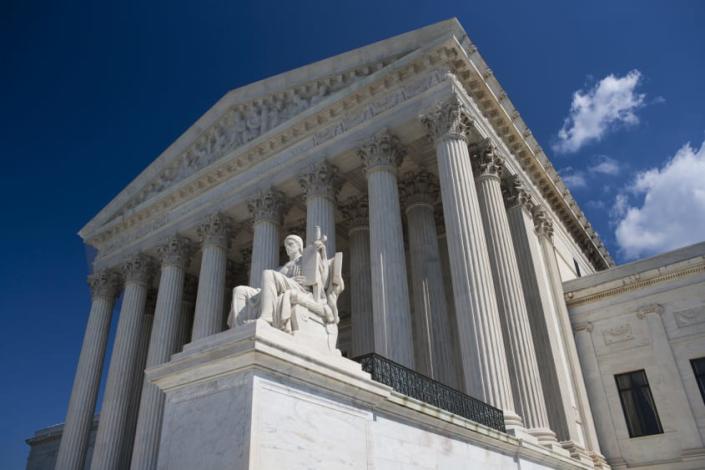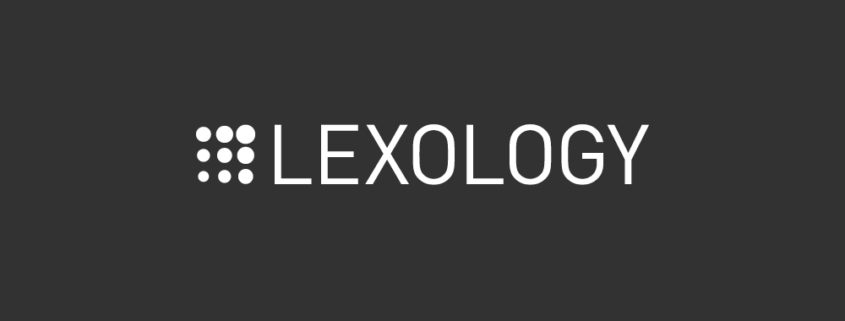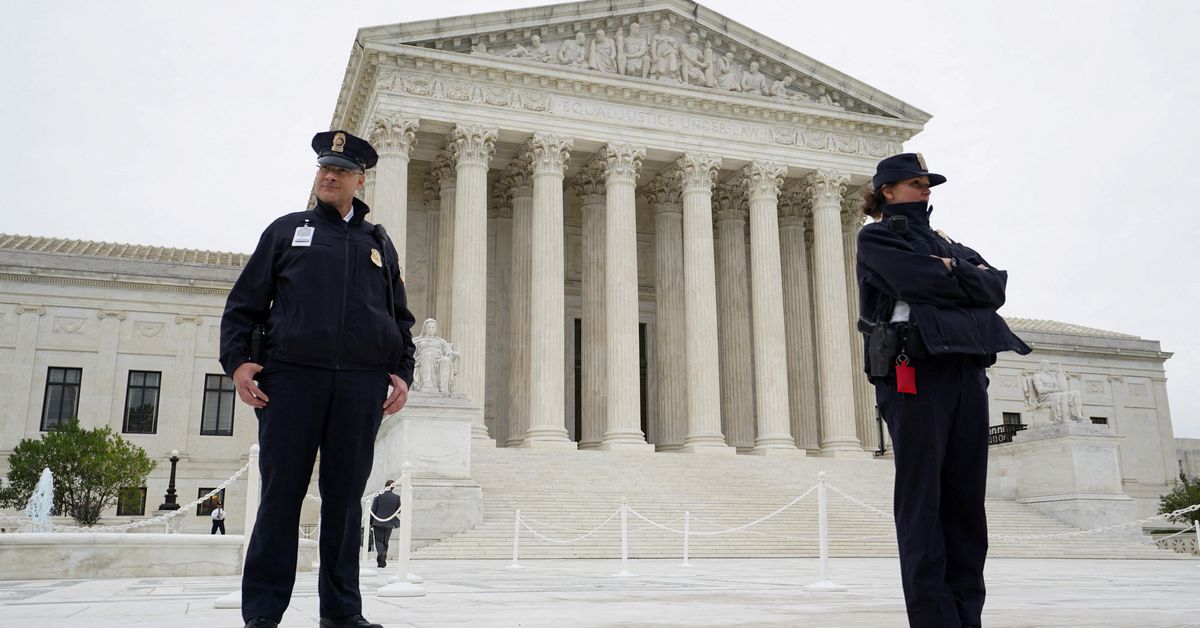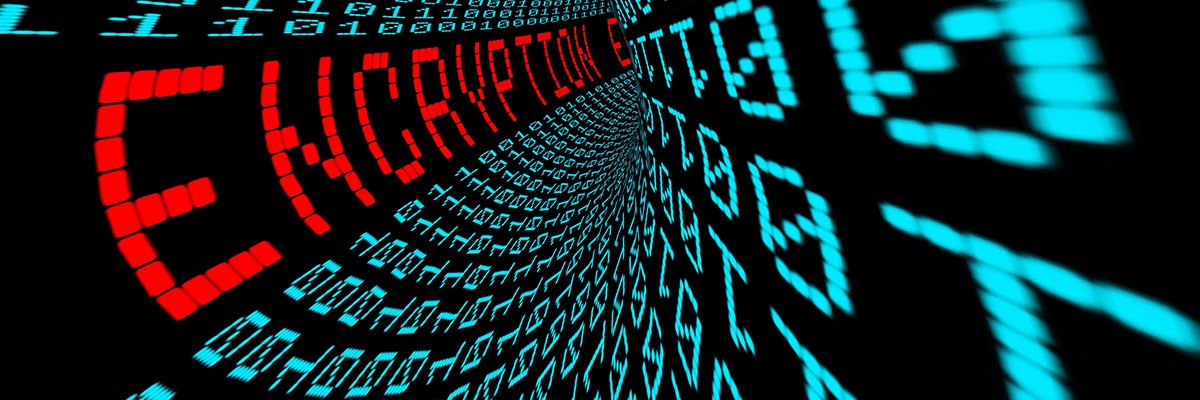New report describes numerous security breaches at the Supreme Court

Supreme Court justices have often used their personal email accounts in lieu of secure servers to transmit sensitive data about cases, according to a report from CNN published Saturday. The revelation is one of many breaches of security protocol at the court described by CNN.
According to the report, unnamed Supreme Court justices would send sensitive emails about ongoing cases on their personal accounts, despite the fact that the court had set up private servers for this very purpose. The report claims many justices pushed back on using these secure servers “because some justices were slow to adopt to the technology and some court employees were nervous about confronting them to urge them to take precautions.”
“This has been going on for years,” one former employee told CNN.
Beyond issues with emails, CNN described numerous other lapses in security. This includes “burn bags” — pouches meant to hold sensitive documents that will eventually be destroyed — reportedly being left unattended in the hallway. This is in part because there is no uniform rule for handling burn bags, CNN reported, and “the justices each have their own protocols.”
Another issue was the reported fact that employees with remote access could, in theory, use any printer they wanted to print sensitive documents. “Employees who had VPN access could print documents from any computer, making it difficult to track copies,” CNN reported.
These alleged security lapses come following scrutiny of the high court over a leaked draft of the opinion overturning Roe v. Wade last year. The court investigated the leak and published a report on their findings this past January, but CNN noted that none of these security issues were documented in the report.
You may also like
Republicans vote to oust Rep. Ilhan Omar from House committee
Japanese restaurants fight back against viral ‘sushi terrorism’ trend
China has cloned 3 ‘super cows’ that produce more milk than average




